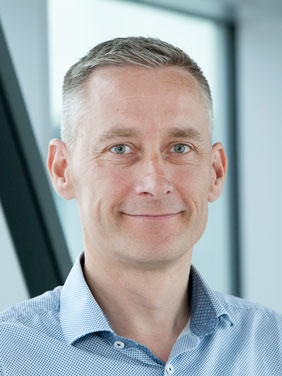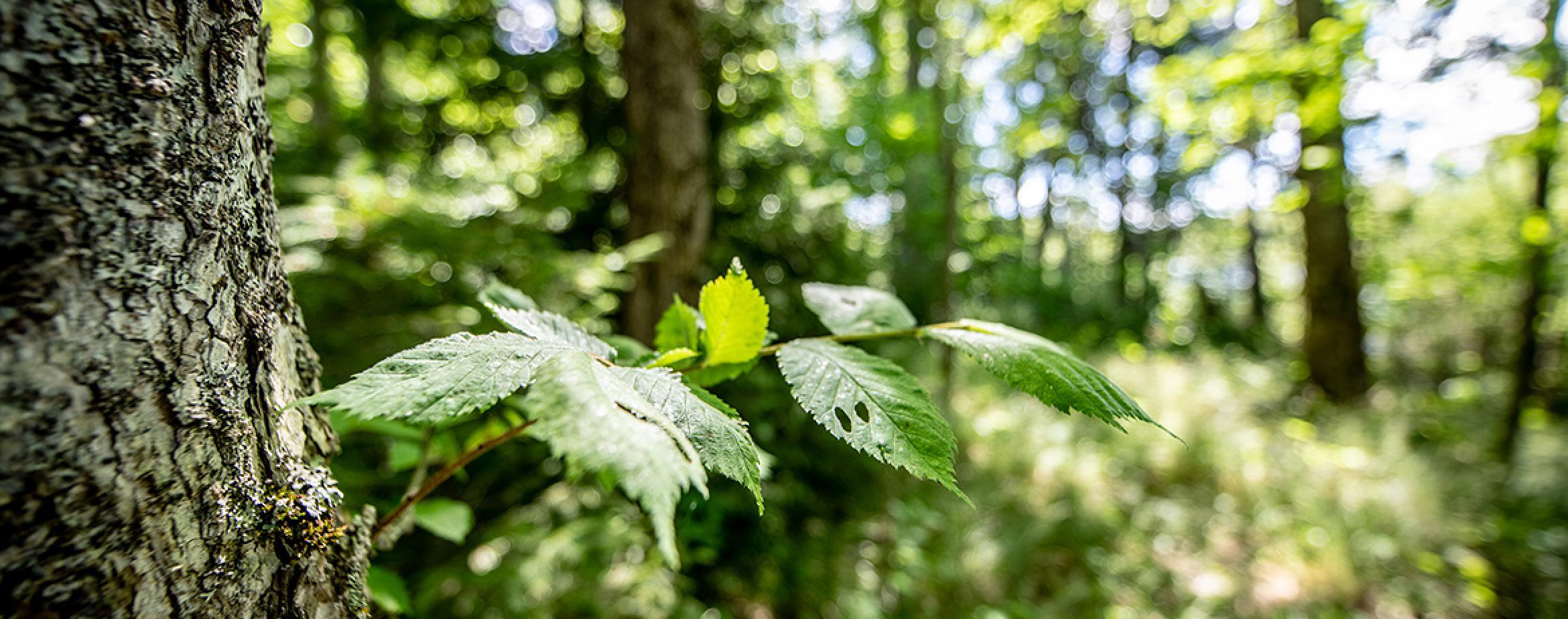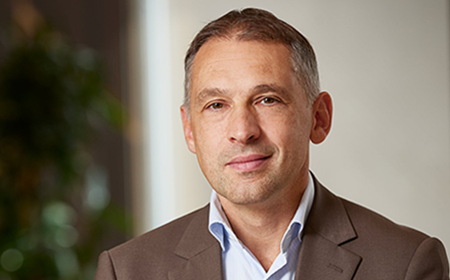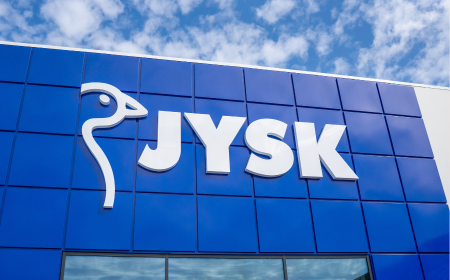JYSK’s partnership with FSC® provides solution
Date:
Author: Laura Roesgaard, Sustainability Communications Consultant , JYSK
Category: Compliance and Quality , Sustainability
Through the past years, JYSK has worked at increasing the amount of FSC-certified cardboard packaging. It has been challenging, but good results have been accomplished.
In the fall of 2020, JYSK publicly committed to the FSC sourcing target that by the end of 2024, all JYSK products and packaging made from wood, cardboard or paper will be FSC-certified. As of 1 January 2022, this would already apply to all new products and packaging launched in JYSK (FSC® N001715).
What is FSC?
FSC is dedicated to the promotion of responsible forest management worldwide. FSC stands for Forest Stewardship Council® and is an international non-profit organisation and labelling system for wood and other forest-based materials, which originate from sustainable forestry or other responsible sources.
While JYSK has been working with increasing the number of FSC-certified products in the assortment for many years, packaging was a new focus area back in 2020, when the sourcing target was published.
“It was natural to us that our FSC sourcing target should also include packaging, as we are changing more and more packaging from plastic to cardboard. Also, packaging has a high turnover rate and represents a considerable part of our impact on both climate and environment,” says Lars Høgh Jensen, Packaging Development Specialist.
JYSK has reached the first milestone of the FSC sourcing target, meaning that all new products and packaging are FSC-certified. Now, all eyes are set on the 2024 target.
Need for capacity building
Since 2020, JYSK has come a long way, but including packaging in the FSC sourcing target has not been without challenges. The reason is that the sourcing target covers packaging for all JYSK’s products, including all the different items that are not made from wood, e.g., textile products and duvets.

“Suppliers who do not manufacture wooden products are for good reasons not always familiar with the FSC system, as they have been focusing on other raw materials,” Lars explains.
FSC's chain-of-custody requires that there is an unbroken chain of organisations independently FSC-certified all the way from the certified forest or other responsible sources and up to the point where the product or packaging is finished and FSC-labelled.
“Based on misunderstandings or insufficient experience with the system and FSC's chain-of-custody, it has for some suppliers been a challenge to secure the right documentation, and in JYSK we are very strict about that. It became clear to us that capacity building - developing a more in-depth understanding - in our supply chain was necessary,” Lars says.
Transparency benefits all
JYSK has been a member of FSC Denmark since 2006 and has a long history of cooperation. The obvious choice was to reach out to them for support.
“We appreciate that JYSK reached out. This case is a great example of a mutually beneficial partnership. At FSC Denmark, we have the knowledge of the system, but it can be difficult for us to know, where in the global supply chains extra support is needed. That insight is exactly what JYSK brings, as they know who we should reach out to and what kind of capacity building is needed,” says Søren Dürr Grue, Director at FSC Denmark.
As a result of the insights given by JYSK, FSC Denmark developed a new webinar and a written guide focusing on how to secure the right documentation in relation to packaging and have already conducted more webinars, which all have had a high number of participants.
“FSC cannot change the global supply chains on our own. Only by working together and being open about the challenges, we can do that,” says Søren Dürr Grue and adds that in this case, the solution does not only have a positive impact on the product packaging ending up in JYSK’s stores, but on the whole industry, as the capacity building reflects on the supply chains of several companies.
And in JYSK, we have already noticed the positive effect of the webinars.
“We reached out to our suppliers and encouraged them to attend the webinars. Since then, we have seen great improvements,” says Lars.







